BMW 7 Series vs Toyota C-HR – Which one offers the better deal?
Both models have their strengths – but which one suits you more?
Compare performance, efficiency, price and space directly: BMW 7 Series or Toyota C-HR?
Costs and Efficiency:
Looking at overall running costs, both models reveal some interesting differences in everyday economy.
Toyota C-HR has a convincingly advantage in terms of price – it starts at 29100 £, while the BMW 7 Series costs 101500 £. That’s a price difference of around 72351 £.
Fuel consumption also shows a difference: Toyota C-HR manages with 0.80 L and is therefore evident more efficient than the BMW 7 Series with 1 L. The difference is about 0.20 L per 100 km.
As for range, the BMW 7 Series performs slightly better – achieving up to 80 km, about 12 km more than the Toyota C-HR.
Engine and Performance:
Power, torque and acceleration say a lot about how a car feels on the road. This is where you see which model delivers more driving dynamics.
When it comes to engine power, the BMW 7 Series has a significantly edge – offering 571 HP compared to 223 HP. That’s roughly 348 HP more horsepower.
In acceleration from 0 to 100 km/h, the BMW 7 Series is decisively quicker – completing the sprint in 4.30 s, while the Toyota C-HR takes 7.40 s. That’s about 3.10 s faster.
In terms of top speed, the BMW 7 Series performs evident better – reaching 250 km/h, while the Toyota C-HR tops out at 180 km/h. The difference is around 70 km/h.
Space and Everyday Use:
Beyond pure performance, interior space and usability matter most in daily life. This is where you see which car is more practical and versatile.
Both vehicles offer seating for 5 people.
In curb weight, Toyota C-HR is convincingly lighter – 1505 kg compared to 2255 kg. The difference is around 750 kg.
In terms of boot space, the BMW 7 Series offers slightly more room – 540 L compared to 447 L. That’s a difference of about 93 L.
When it comes to payload, BMW 7 Series evident takes the win – 665 kg compared to 425 kg. That’s a difference of about 240 kg.
Who wins the race?
The BMW 7 Series proves to be leads convincingly overall and therefore becomes our DriveDuel Champion!
BMW 7 Series is the better all-rounder in this comparison.
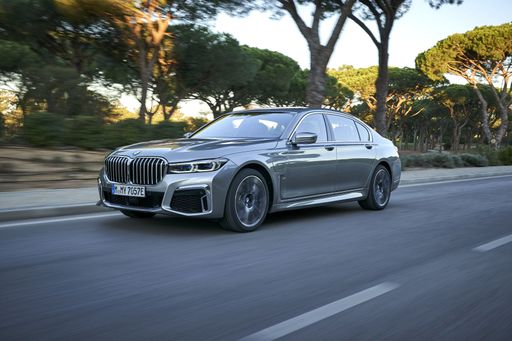
BMW 7 Series
BMW 7 Series
The BMW 7 Series represents the pinnacle of luxury and performance in the executive car segment, offering an unparalleled driving experience. Its elegant design combines aesthetic appeal with advanced technology, ensuring both comfort and connectivity for its passengers. With cutting-edge driver assistance systems, this flagship model showcases the brand's commitment to innovation and safety.
details @ press.bmwgroup.com
@ press.bmwgroup.com
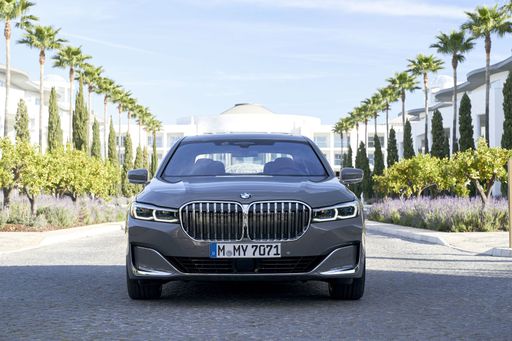 @ press.bmwgroup.com
@ press.bmwgroup.com
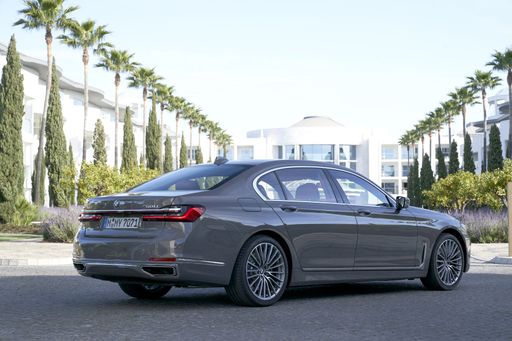 @ press.bmwgroup.com
@ press.bmwgroup.com
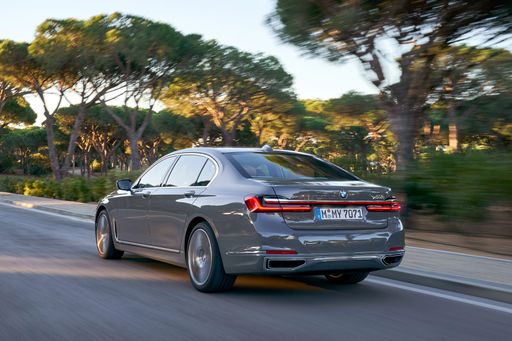 @ press.bmwgroup.com
@ press.bmwgroup.com
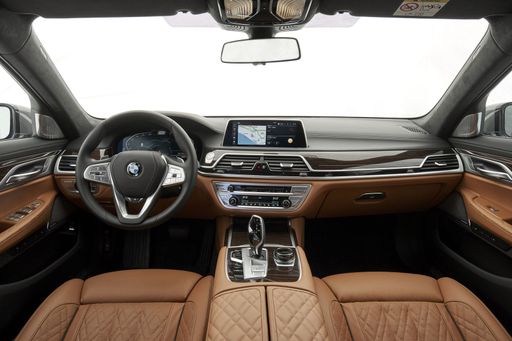 @ press.bmwgroup.com
@ press.bmwgroup.com
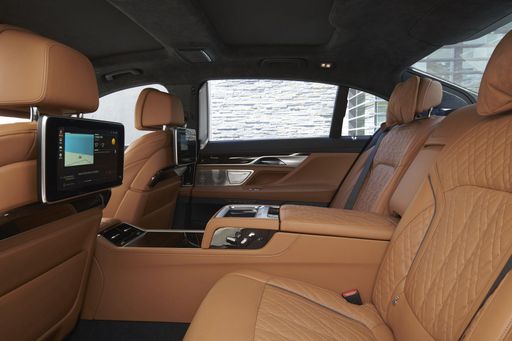 @ press.bmwgroup.com
@ press.bmwgroup.com
Toyota C-HR
The Toyota C-HR stands out with its distinctive and bold design that combines sleek, angular lines with a sporty posture. Its comfortable and stylish interior is equipped with advanced technology features, providing a seamless driving experience. The vehicle offers impressive handling and performance, making it a compelling choice for those who appreciate a blend of practicality and flair on the road.
details @ Toyota
@ Toyota
 @ Toyota
@ Toyota
 @ Toyota
@ Toyota
 @ Toyota
@ Toyota
 @ Toyota
@ Toyota

|

|
|
|
|
Costs and Consumption |
|
|---|---|
|
Price
101500 - 127500 £
|
Price
29100 - 42800 £
|
|
Consumption L/100km
1 - 6.1 L
|
Consumption L/100km
0.8 - 5.1 L
|
|
Consumption kWh/100km
-
|
Consumption kWh/100km
-
|
|
Electric Range
80 km
|
Electric Range
68 km
|
|
Battery Capacity
17.60 kWh
|
Battery Capacity
-
|
|
co2
23 - 160 g/km
|
co2
17 - 115 g/km
|
|
Fuel tank capacity
65 - 74 L
|
Fuel tank capacity
43 L
|
Dimensions and Body |
|
|---|---|
|
Body Type
Sedan
|
Body Type
SUV
|
|
Seats
5
|
Seats
5
|
|
Doors
4
|
Doors
5
|
|
Curb weight
2255 - 2525 kg
|
Curb weight
1505 - 1755 kg
|
|
Trunk capacity
525 - 540 L
|
Trunk capacity
350 - 447 L
|
|
Length
5391 mm
|
Length
4362 mm
|
|
Width
1950 mm
|
Width
1832 mm
|
|
Height
1544 mm
|
Height
1558 - 1564 mm
|
|
Max trunk capacity
-
|
Max trunk capacity
1076 - 1155 L
|
|
Payload
605 - 665 kg
|
Payload
375 - 425 kg
|
Engine and Performance |
|
|---|---|
|
Engine Type
Plugin Hybrid, Diesel MHEV
|
Engine Type
Full Hybrid, Plugin Hybrid
|
|
Transmission
Automatic
|
Transmission
Automatic
|
|
Transmission Detail
Automatic Gearbox
|
Transmission Detail
CVT
|
|
Drive Type
All-Wheel Drive
|
Drive Type
Front-Wheel Drive, All-Wheel Drive
|
|
Power HP
300 - 571 HP
|
Power HP
140 - 223 HP
|
|
Acceleration 0-100km/h
4.3 - 5.8 s
|
Acceleration 0-100km/h
7.4 - 9.9 s
|
|
Max Speed
250 km/h
|
Max Speed
175 - 180 km/h
|
|
Torque
670 - 800 Nm
|
Torque
-
|
|
Number of Cylinders
6
|
Number of Cylinders
4
|
|
Power kW
220 - 420 kW
|
Power kW
103 - 164 kW
|
|
Engine capacity
2993 - 2998 cm3
|
Engine capacity
1798 - 1987 cm3
|
General |
|
|---|---|
|
Model Year
2023 - 2024
|
Model Year
2024 - 2025
|
|
CO2 Efficiency Class
B, F
|
CO2 Efficiency Class
C, B
|
|
Brand
BMW
|
Brand
Toyota
|
Is the BMW 7 Series offered with different drivetrains?
The BMW 7 Series is available as All-Wheel Drive.
The prices and data displayed are estimates based on German list prices and may vary by country. This information is not legally binding.
